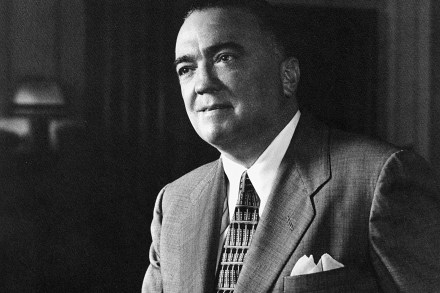Joy to the world
Patrick Gale’s new novel could be read as a companion work to his hugely successful Notes from an Exhibition, and in fact, in a satisfying twist, some characters and even objects slip from the latter into this novel. Notes from an Exhibition centred around the character of Rachel Kelly, whose mental instability and solipsistic devotion to her art left a painful mark on her family. The ‘perfectly good man’ of this title is a vicar, Barnaby Johnson, as kind, gentle and balanced as Rachel Kelly was not, yet with the same sense of vocation — in this case, selfless service to the church — that moulds and in its own




